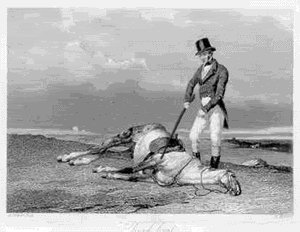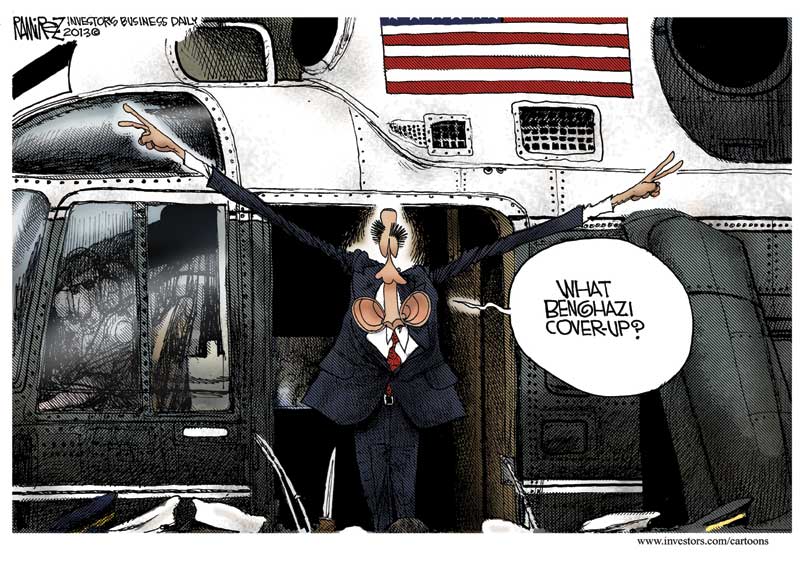
Neighbors feared him. They believed he practiced black magic because of the many strange occurrences that took place in their neighborhood. The old man liked the fact he was feared.
To everyone’s relief, he died of a heart attack when he was 68. His wife had a closed casket at the wake. After the burial, she went straight to the local bar and began to party as if there was no tomorrow.
Her neighbors, concerned for her safety, asked, “Aren’t you afraid that he may indeed be able to dig his way up and out of the grave and come back and haunt you for the rest of your life?”
The wife put down her drink and said, “Let the old fart dig. I had him buried upside down.


